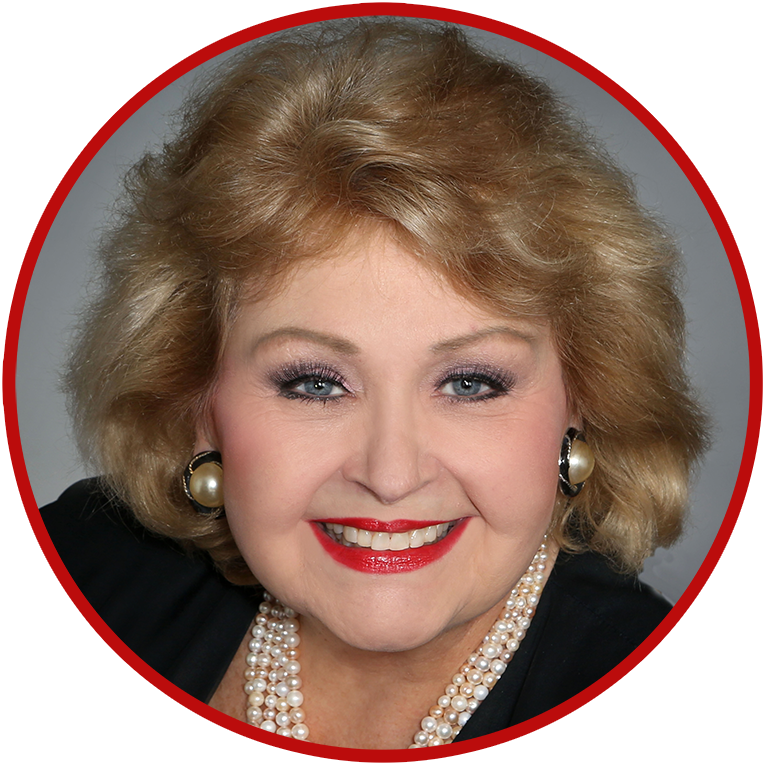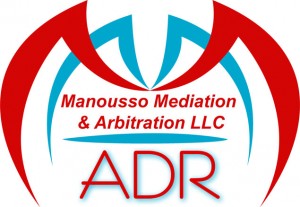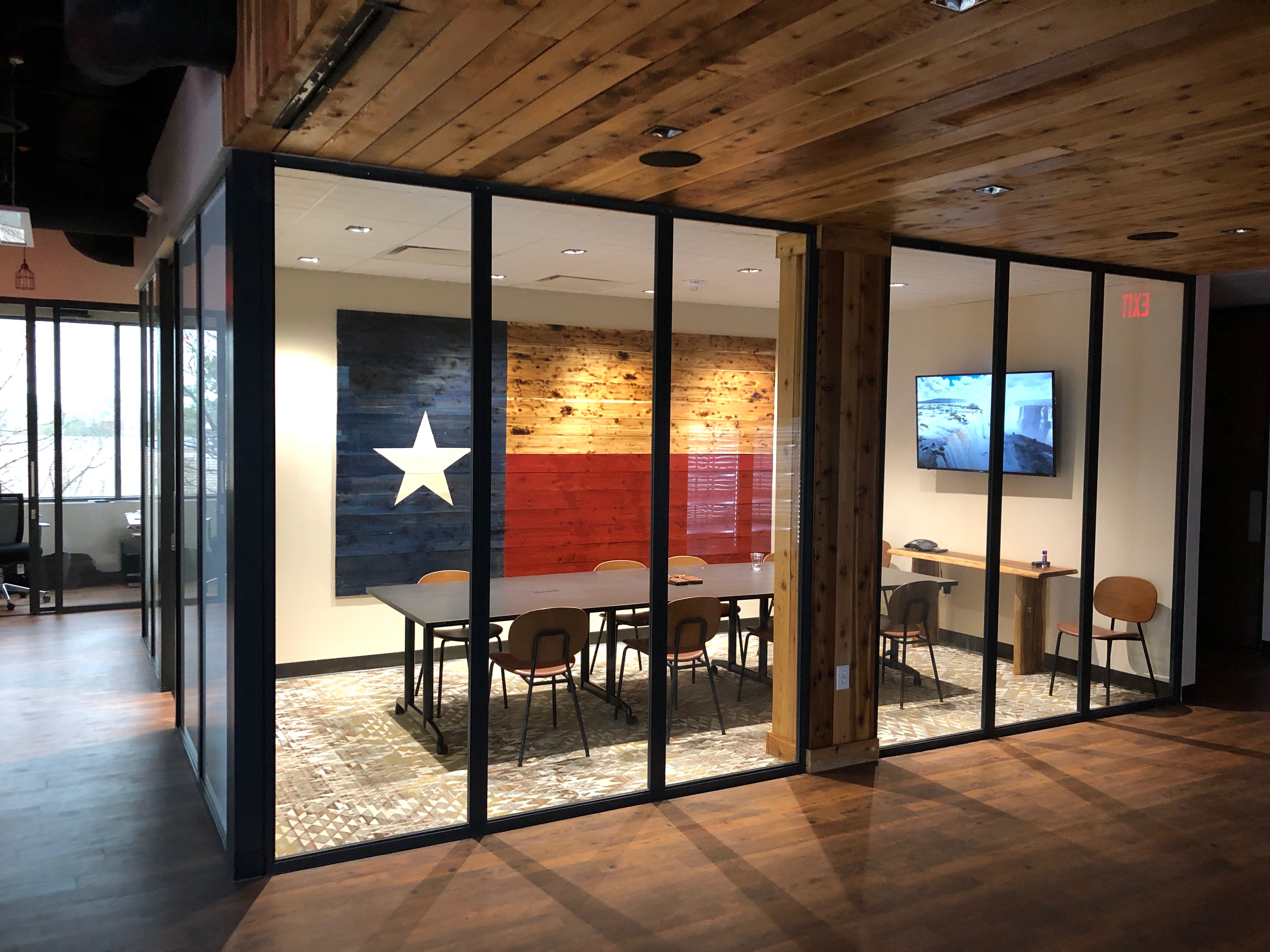
Parenting Coordinator and Facilitator Certificate
18 MCLE/CEU and 4 in ethics approved by Texas Bar and offered.


Parenting coordination and parenting facilitation are specialized mediation services offered to divorced, and divorcing, parents who need assistance in child-centered dispute resolution and custody issues, while developing and implementing workable parenting plans when parents are distracted by their high conflict relationship. Both services may be ordered for families through the court for these high conflict families and are codified in the Texas Family Code.
When parents have intense and prolonged inter-parental conflict, not only does it impair their ability to deal with each other, it distorts their ability to deal effectively with their children. This is very costly to the family in terms of money spent in litigation, emotional distress, and ineffective parenting. Money and time resources are distracted and usually wasted. Parenting coordination and parenting facilitation helps the parents and their child(ren) move forward to healthier and more satisfying decisions.
In some cases, the behavior of one or both parents may lead to the alienation of their children. Parenting coordinators and facilitators are often appointed by the family court to help families save money, to make quality decisions for the best interest of their children, and to keep their divorce child-centered in a win-win way.
Manousso Mediation’s parenting coordination and parenting facilitation training is designed to provide 16 hours of parenting coordination and parenting facilitation training, so that you can earn a certificate and serve as a parenting coordinator or facilitator in Texas, and many other states as their statutes allow, and covers the following objectives, as required by Texas family statute:
Learn tools for developing reasonable child-centered and custody options and the ethical challenges of parenting coordination and parenting facilitation;
Understand the roles and skills of parenting coordinators and parenting facilitators;
Better understand the dynamics and issues in co-parenting and the needs of parents and children within on high conflict families;
Study the development and evolution of parenting plans, parenting coordination, and parenting facilitation techniques.
 Click here to register for the Parenting Coordinator and Facilitator course
Click here to register for the Parenting Coordinator and Facilitator course
Curriculum
i. Texas State Laws governing Parenting Coordinator/Facilitator
ii. Coordinator/Facilitator Program Goals
iii. Coordinator/Facilitator Program Expectations
iv. Parenting Assessments/Risks
v. Grieving Cycle
vi. Risk Factors
vii. Good Parenting Skills
viii. Anger Management Skills
ix. Negotiating Skills
x. Parenting Plans
xi. Developing Parenting Plans
State of Texas Parenting Coordinator Training Requirements: No educational requirement
2) 24/30 classroom hours of training in family dynamics, child development, family law and the law governing parenting coordination, and parenting coordination styles and procedures: Advance Family Certificate
3) 16 hours of training in the laws governing parenting coordination and parenting facilitation and the multiple
styles and procedures used in different models of service, includes the 8 hours of family violence dynamics.
State of Texas Parenting Facilitator Training Requirements: Must have at least a Master’s level* or J.D.
1) 40 hours dispute resolution techniques: Basic Mediation Course
2) 24 classroom hours of training in family dynamics, child development, and family law: Advance Med Certificate
3) 16 hours of training in the laws governing parenting coordination and parenting facilitation and the multiple
styles and procedures used in different models of service, includes the 8 hours of family violence dynamics.
It is the same training for a coordinator or facilitator. Your level of education
will determine whether you will be a coordinator or facilitator.
Some courts will only use coordinators, since it is a 100% confidential process, while some courts want only facilitators, since the mediator might become a witness. Most courts use a combination of mediators – facilitators and coordinators, depending on the case.
Being only a coordinator is not a lesser version, only another classification and requirement of process.
*Your master’s degree must be in a discipline that involves families, psychology, social work, or the like.
Lecturers
Shawn Edwards, Esq. is an alternative dispute resolution (ADR) provider for Parenting Coordination, Parenting Facilitation; mediator and facilitator in civil litigation; domestic/family relations; technology and electronic discovery. A licensed attorney since 1995, her experience is in family law, civil litigation, and managing complex litigation. Ms. Edwards presented on the topic of Parent Coordination and Facilitation for the Texas Association of Mediators conference in the Woodlands (February 2012) and is scheduled to speak at the Association of Family and Conciliatory Courts conference in New Orleans (September 2012) and the Creativity and Madness conference in Hong Kong (March 2013).
CEU and MCLE will be offered for this certificate.
 Toni Jo Lindstrom, M.A., L.P.C. is a Licensed Professional Counselor in private practice for over 20 years working with individuals, families, school districts, family courts, and other mental health care providers to build healthier, happier families. She developed The Right Track© program – a behavioral directed approach which teaches divorcing or split parents how to remain child focused in a simple, straight-forward manner. Now retired, Ms. Lindstrom teaches Parent Coordination/Parent Facilitation courses, lectures worldwide, and mentors Parent Coordinators and Parent Facilitators in their first year of practice.Retired.
Toni Jo Lindstrom, M.A., L.P.C. is a Licensed Professional Counselor in private practice for over 20 years working with individuals, families, school districts, family courts, and other mental health care providers to build healthier, happier families. She developed The Right Track© program – a behavioral directed approach which teaches divorcing or split parents how to remain child focused in a simple, straight-forward manner. Now retired, Ms. Lindstrom teaches Parent Coordination/Parent Facilitation courses, lectures worldwide, and mentors Parent Coordinators and Parent Facilitators in their first year of practice.Retired.
 Dr. Scott Creighton is a professional mediator and arbitrator. He graduated Nova Southeastern University with his Doctorate (Psy.D.) and Masters (MS) in Clinical Psychology (1990). He completed a Postdoctoral Fellowship in Clinical Child and Adolescent Psychology at McLean Hospital, Massachusetts (1990 – 1992), and appointed Instructor in Psychology at Harvard Medical School (1990 – 1994). He served later as adjunct faculty at Wheelock College and Massachusetts School of Professional Psychology. He practiced privately as a psychologist from 1994 – 2012, working individually/collectively with families, schools, youth, parents, educators, prominent public officials and international celebrity figures to address matters solely related to psychological functioning (assessment, treatment and aspects of prevention). He worked concurrently in a non-profit program (Institute for Child and Adolescent Development) as Staff Psychologist, Director of Training and later Clinical Director. He relocated to Houston and incorporated ADR into his experiences, completing certificates in Basic Mediation, Advanced: Family-Divorce-Child Custody Mediation, Adult and Elder Mediation, Arbitration and Parent Coordination/Facilitation through Manousso Mediation and Arbitration. He provides mediation course instruction with Dr. Manousso’s training programs on family dynamics and personality styles. He is a mediator and arbitrator for BBB in Houston, and completing coursework in Criminal Justice related to court procedure, criminal and family law, and juvenile justice. He presented at the 2017 TAM Conference, “Mental Health in Mediation: Exploring Social Psychology and Personality Disorders in the Mediation Process.”
Dr. Scott Creighton is a professional mediator and arbitrator. He graduated Nova Southeastern University with his Doctorate (Psy.D.) and Masters (MS) in Clinical Psychology (1990). He completed a Postdoctoral Fellowship in Clinical Child and Adolescent Psychology at McLean Hospital, Massachusetts (1990 – 1992), and appointed Instructor in Psychology at Harvard Medical School (1990 – 1994). He served later as adjunct faculty at Wheelock College and Massachusetts School of Professional Psychology. He practiced privately as a psychologist from 1994 – 2012, working individually/collectively with families, schools, youth, parents, educators, prominent public officials and international celebrity figures to address matters solely related to psychological functioning (assessment, treatment and aspects of prevention). He worked concurrently in a non-profit program (Institute for Child and Adolescent Development) as Staff Psychologist, Director of Training and later Clinical Director. He relocated to Houston and incorporated ADR into his experiences, completing certificates in Basic Mediation, Advanced: Family-Divorce-Child Custody Mediation, Adult and Elder Mediation, Arbitration and Parent Coordination/Facilitation through Manousso Mediation and Arbitration. He provides mediation course instruction with Dr. Manousso’s training programs on family dynamics and personality styles. He is a mediator and arbitrator for BBB in Houston, and completing coursework in Criminal Justice related to court procedure, criminal and family law, and juvenile justice. He presented at the 2017 TAM Conference, “Mental Health in Mediation: Exploring Social Psychology and Personality Disorders in the Mediation Process.”






